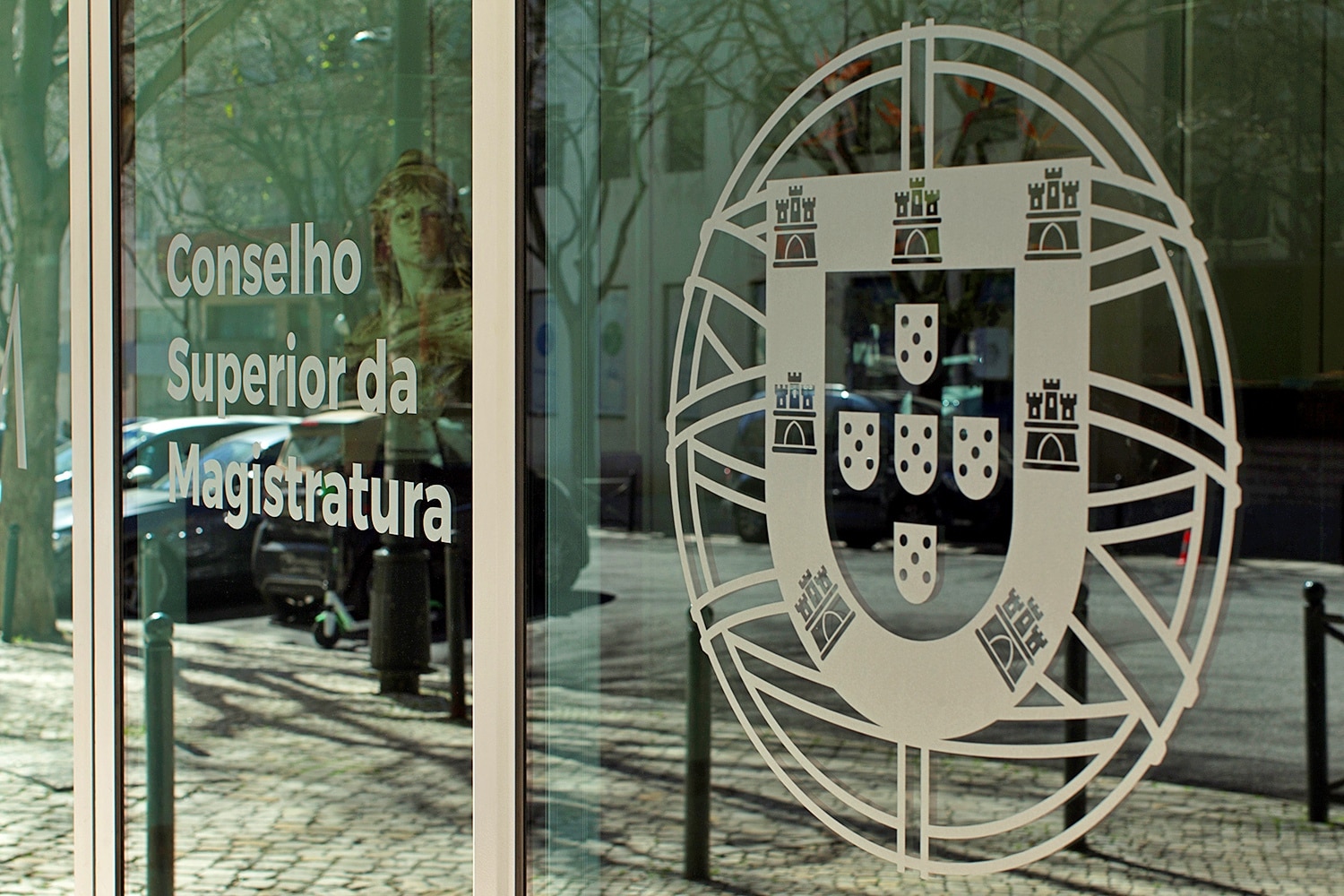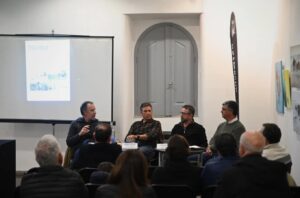Superior Council of Magistrates backs judges’ ‘cheating’ with Artificial Intelligence
The controversy over an appeal court ruling that appears to have been helped along, albeit somewhat bizarrely, by ChatGPT, or similar, has been compounded by declarations by the Superior Council of Magistrature which has stressed that “judges enjoy independence and autonomy in the exercise of their jurisdictional functions, including in the selection of sources that they use to document and substantiate their decisions”.
While the Lisbon Appeal Court itself is quoted as having dismissed as “completely misplaced” the story broken over the weekend about three judges using Artificial Intelligence to overturn a decision by a lower court, Correio da Manhã stresses that no one has actually come out and categorically denied it.
This, the fact that the ruling used “strange expressions, careless Portuguese and citations of articles that don’t exist in the law” plus the statement by the CSM, suggest that judges definitely ARE allowed to use artificial intelligence to do some of their donkey work, even if the results come out looking slightly cock-eyed.
For now, lawyers representing one of the defendants faced with the consequences of the ruling have lodged their complaints with the panel of the three appeal court judges. A decision however has “not yet been handed down due to the personal impossibility of one of the deputy judges” that signed off on it, Guilhermina Freitas, the judge presiding over Lisbon’s Court of Appeal, has told Lusa.
As for the CSM – which has no power itself to challenge or alter judicial decisions – it has stressed: “Judicial decisions can be challenged under the legal terms laid down in the Code of Civil or Criminal Procedure, depending on the matter in question and the disagreements assessed by the competent courts”.




















